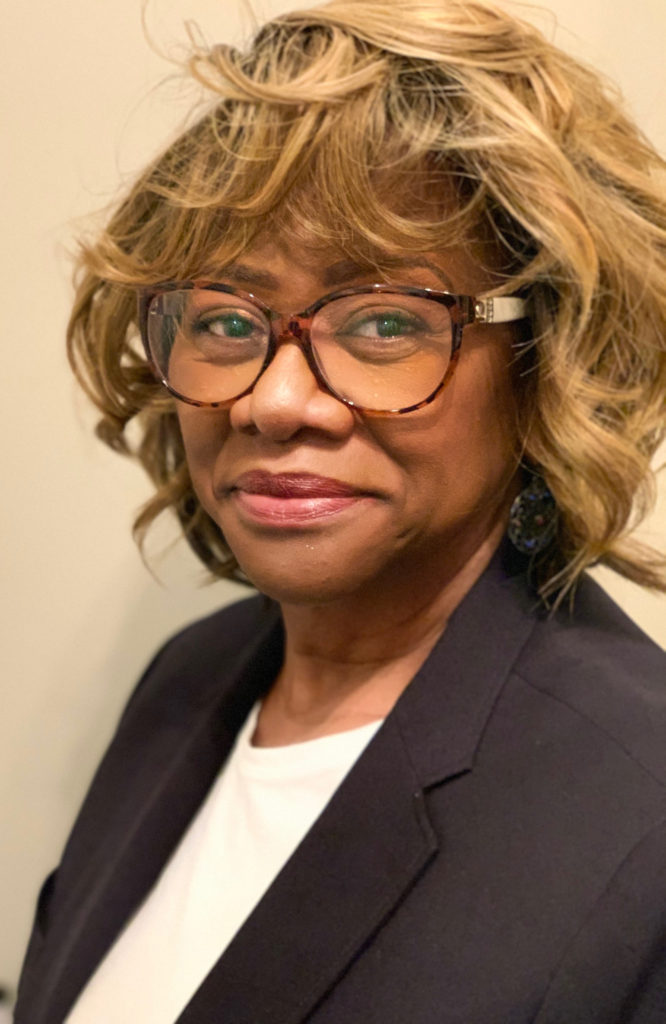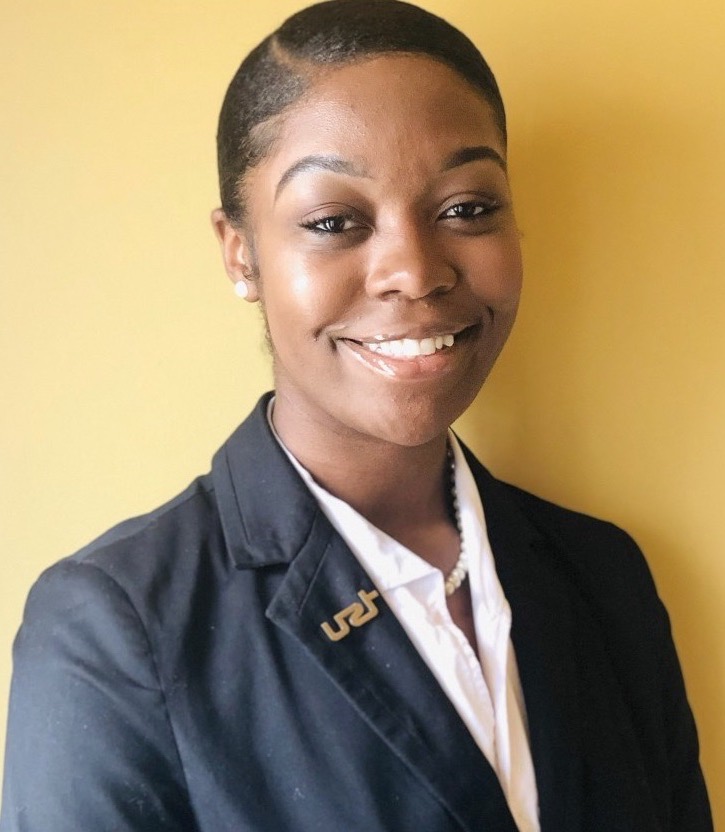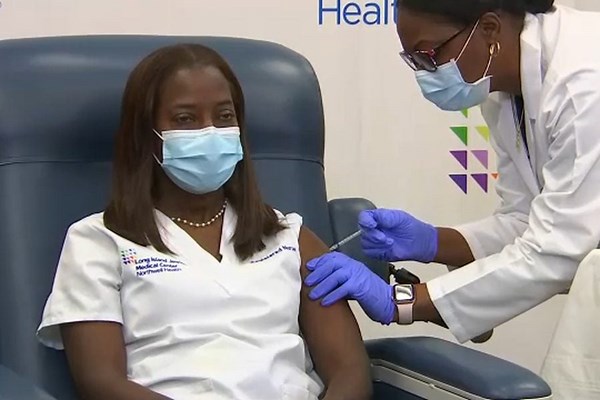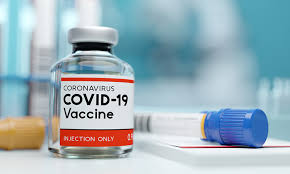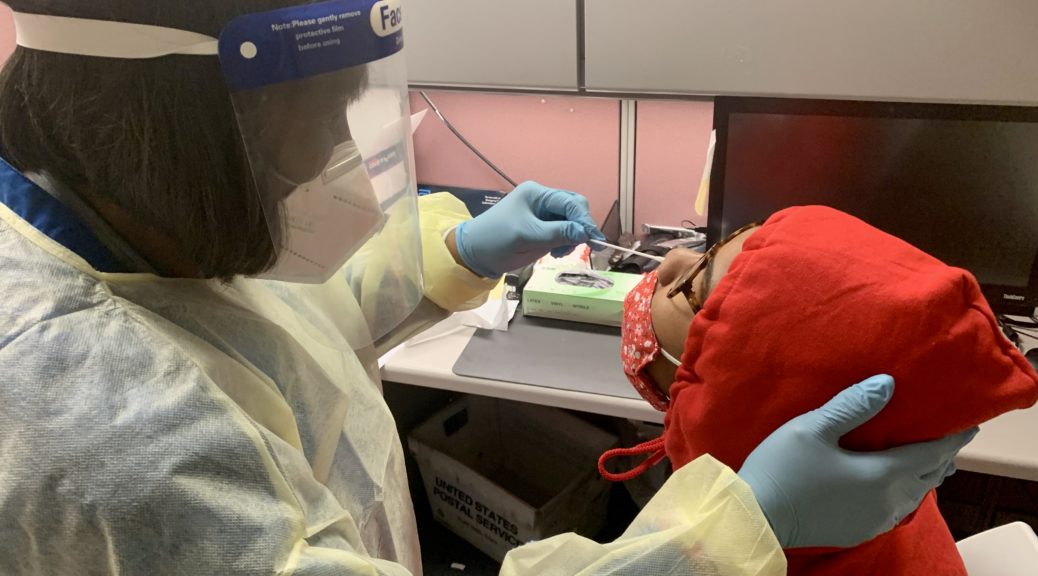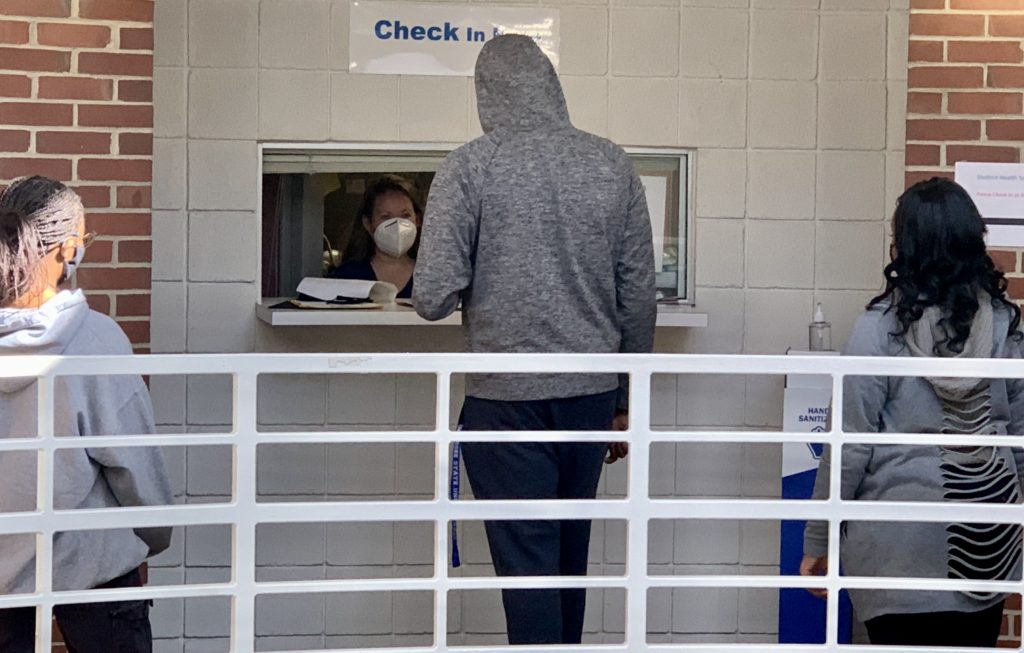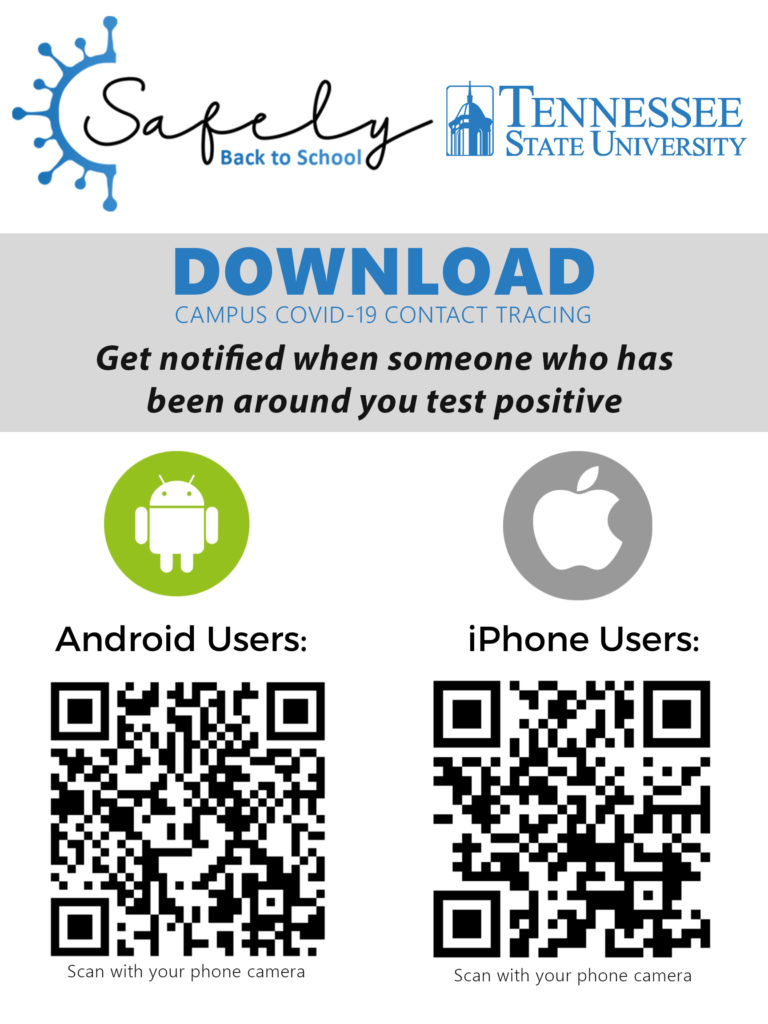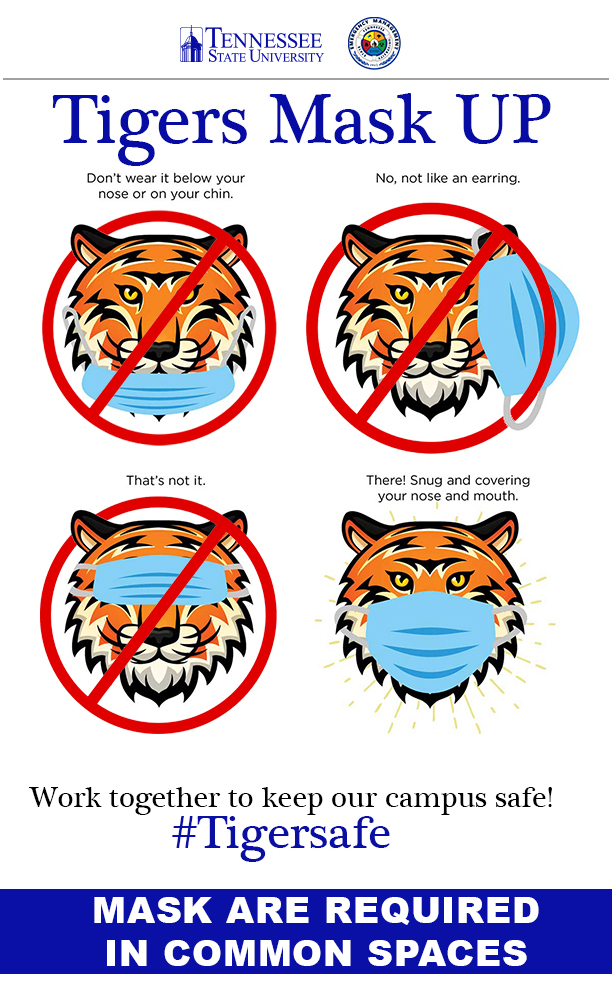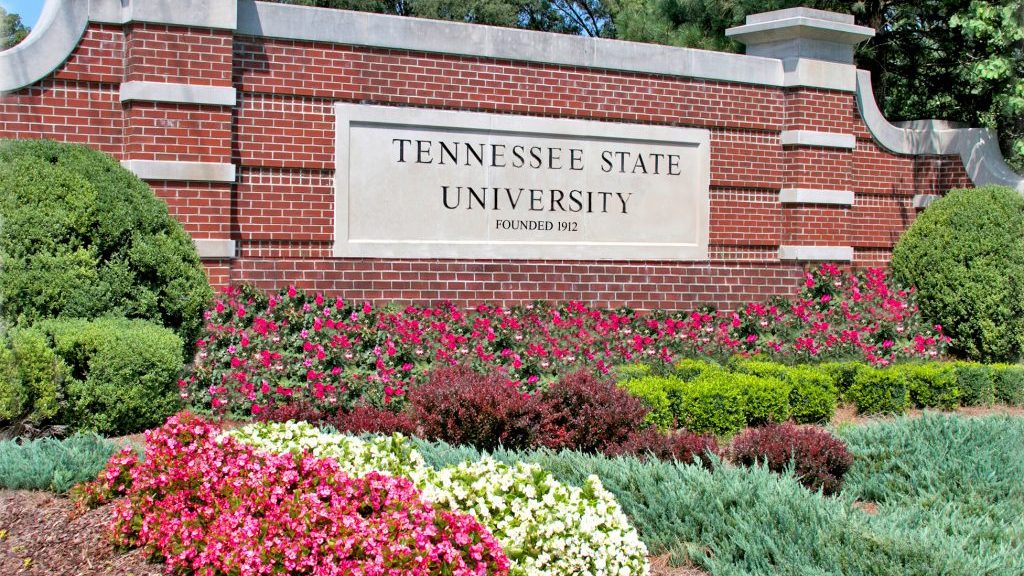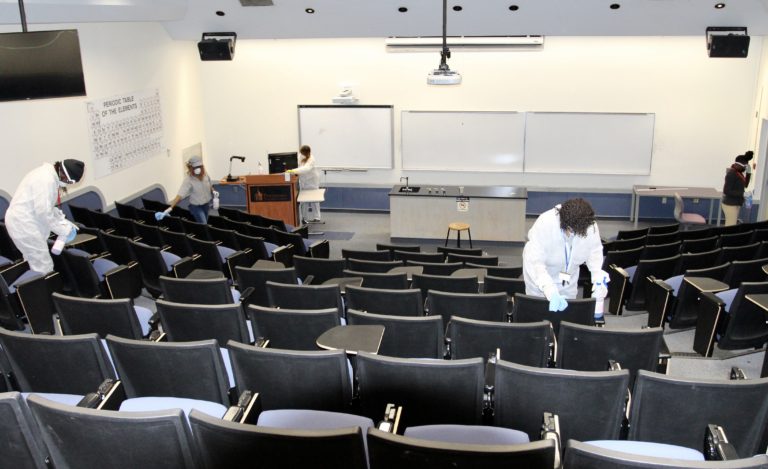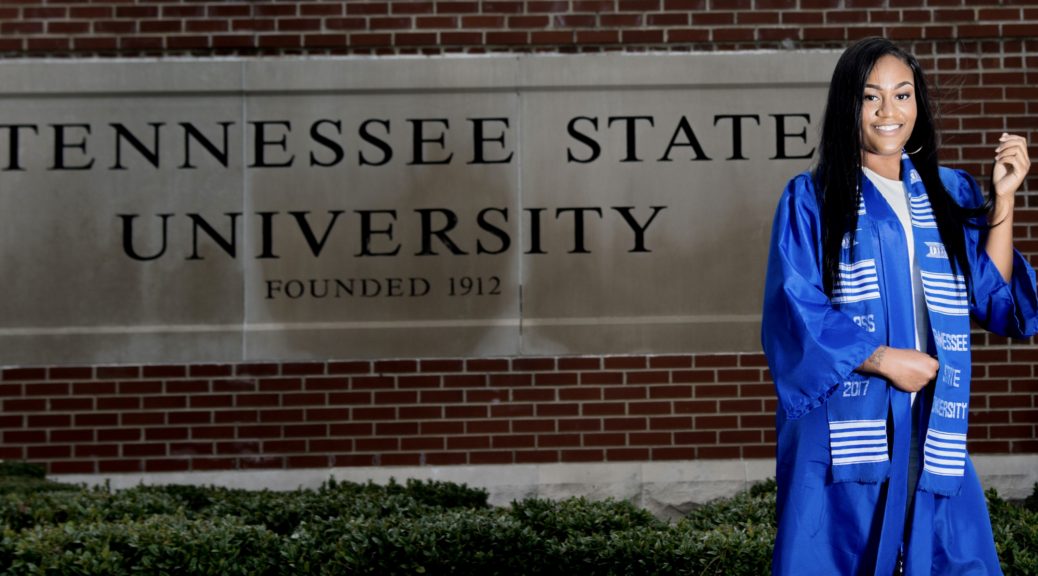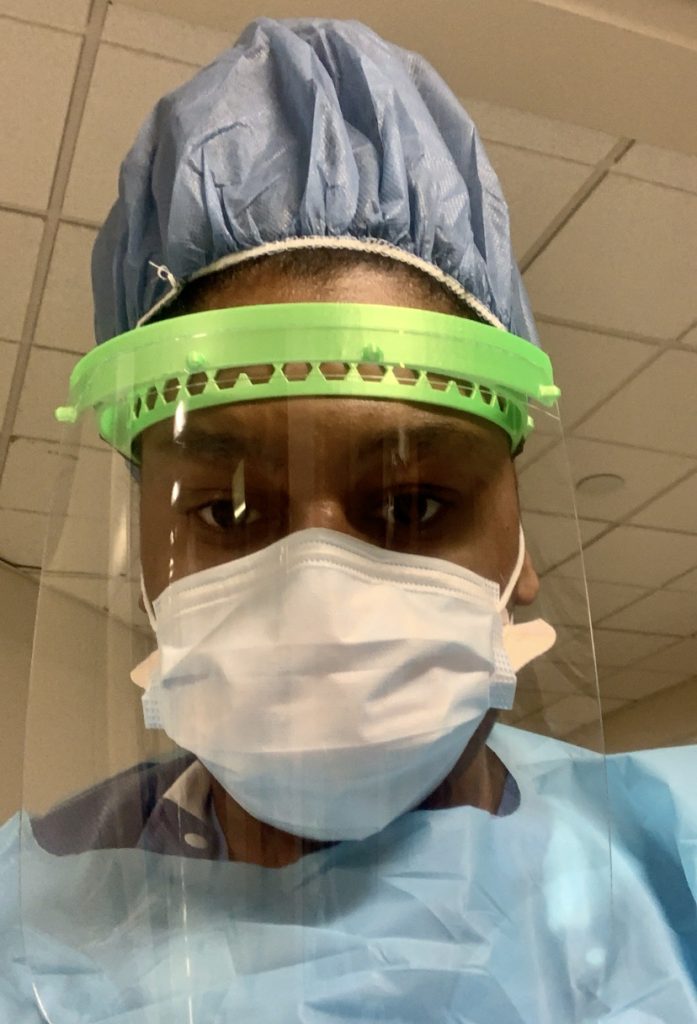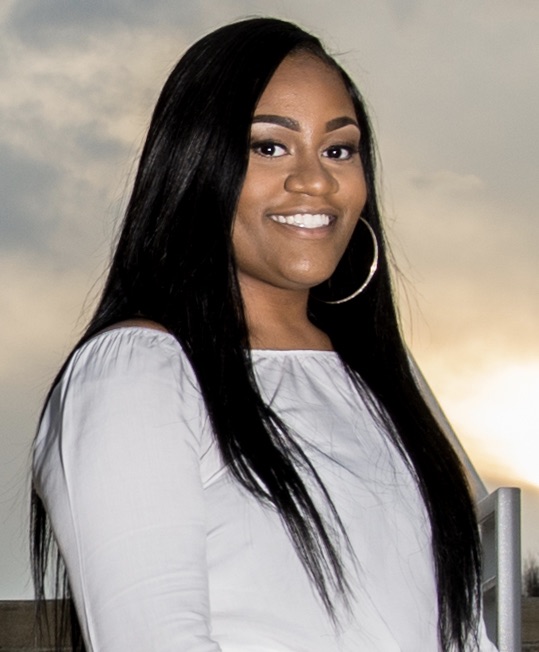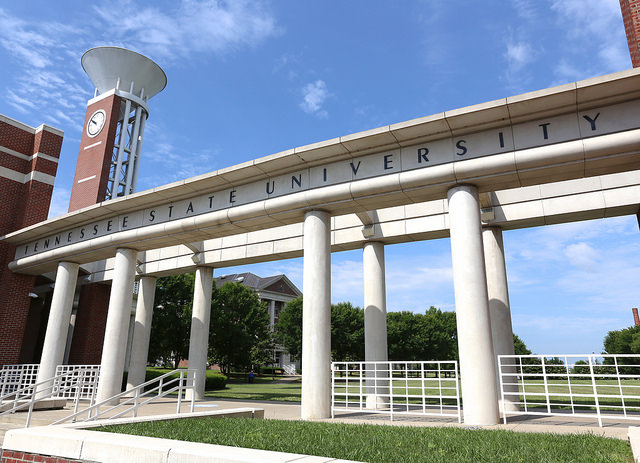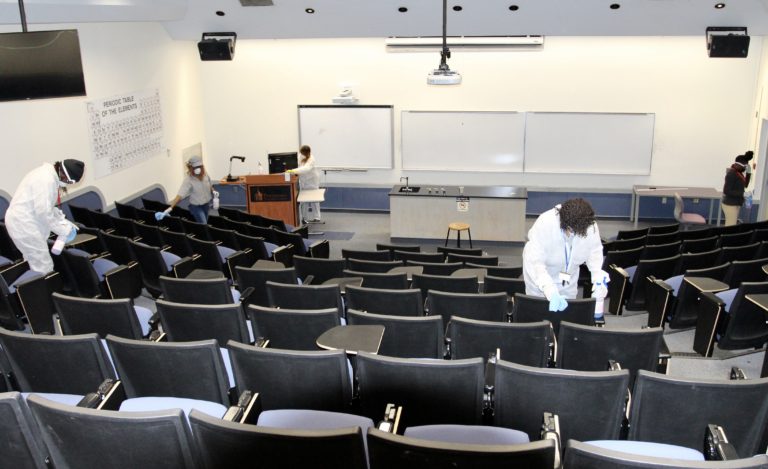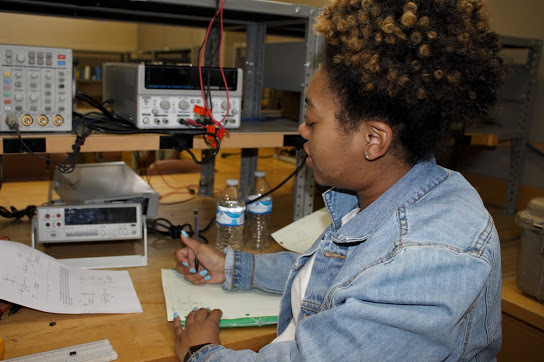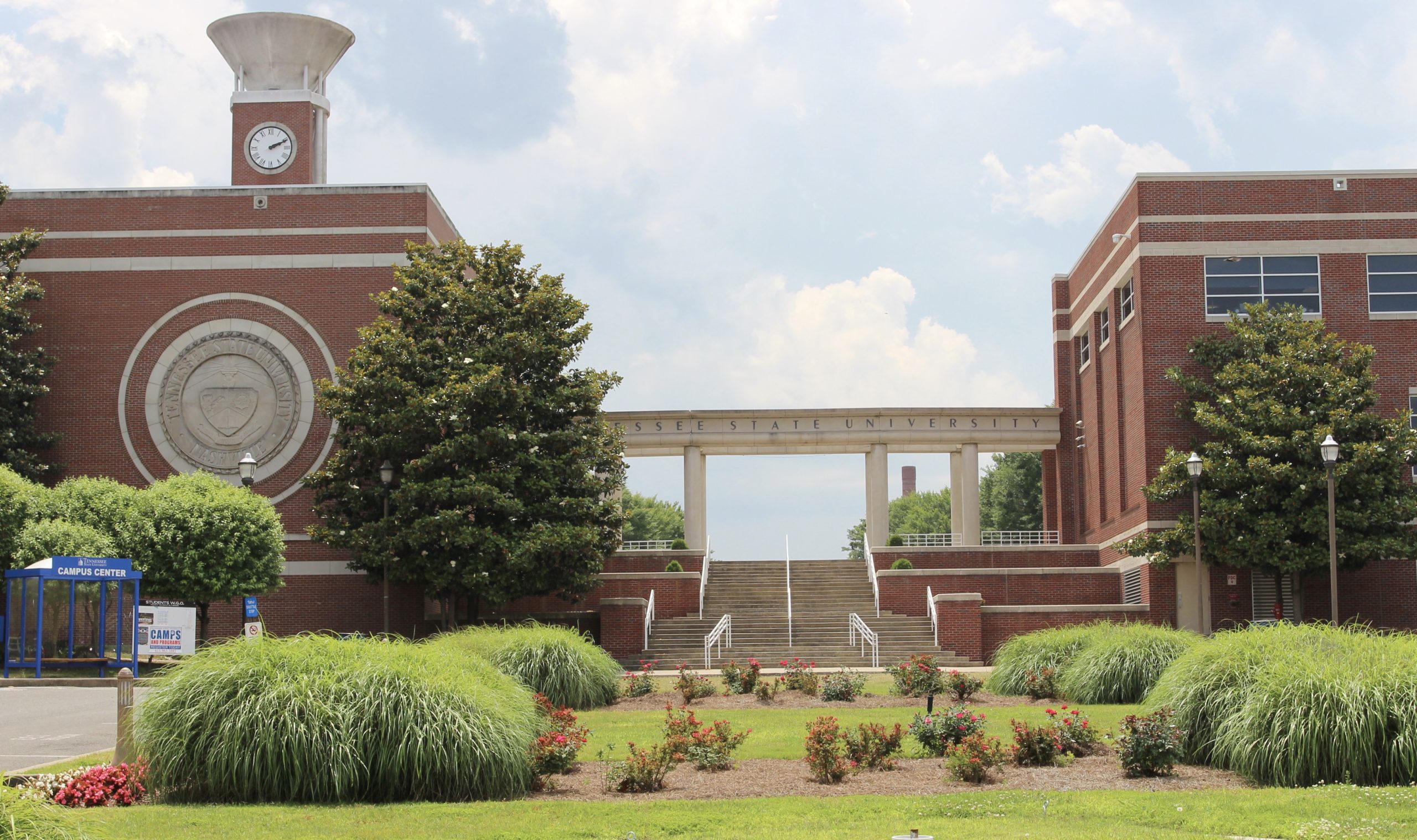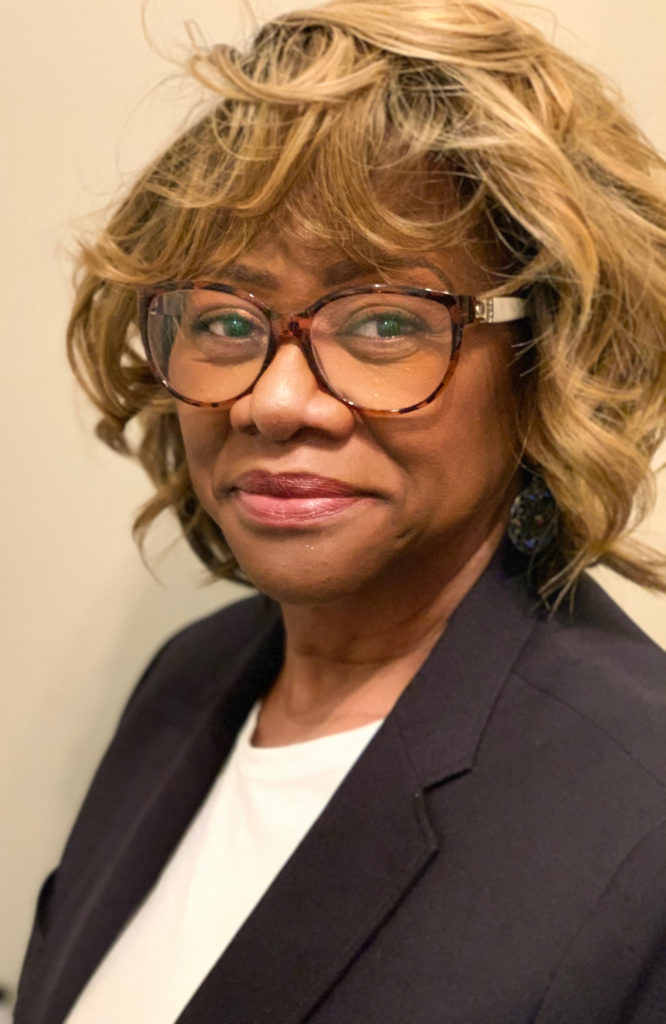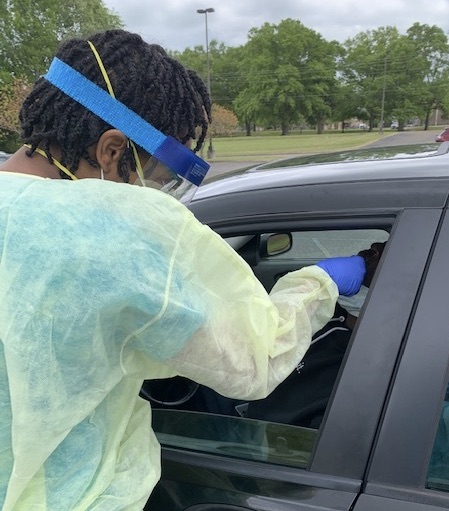NASHVILLE, Tenn. (TSU News Service) – Tennessee State University is co-sponsoring a Virtual Health Summit with Meharry Medical College on the COVID-19 vaccine and health equity. The summit will feature Meharry President and CEO Dr. James Hildreth, and Dr. Anthony Fauci, director of the National Institute of Allergy and Infectious Diseases and chief medical advisor to President Biden.
The summit is scheduled for Wednesday, Feb. 17, from 5 p.m. to 7 p.m. Central Time. It can be accessed at: https://youtu.be/VThTmBxTRPM.

The summit is a continuation of TSU’s collaboration with Meharry. The two historically-black institutions recently announced a new partnership focused on establishing a pipeline of African-American doctors and dentists who will provide essential care to underserved communities. The initiative is named after one of TSU’s most distinguished graduates, Dr. Levi Watkins Jr., an internationally renowned cardiac surgeon who holds an honorary degree from Meharry.
“We are excited to co-sponsor this summit with Meharry,” said Barbara Murrell, chair of the Dr. Levi Watkins Jr. Institute at TSU. “It’s important for people in our community to be exposed to leading health experts who will be discussing topics that impact their lives.”
Dissemination of the vaccine in minority communities is one of the main topics Fauci and Hildreth are expected to discuss. There will also be a panel discussion on health equity.
“This virtual convening creates effective collaboration among thought leaders and medical and oral health experts to re-imagine and advance health equity toward the goal of developing a roadmap toward accessible and affordable healthcare,” according to organizers.
Dr. Wendolyn Inman is an infectious disease expert and professor and director of public health programs in the College of Health Sciences at TSU. She said events like the summit are important because they keep the public informed, especially when there’s apprehension in the black community about taking the vaccine, and its lack of dissemination into communities of color.

“When we are not informed, unfounded fears govern our responses to productive solutions like vaccine immunizations and appropriate health care access,” said Inman.
“The “fireside chat” with Dr. Hildreth and Dr. Fauci is another way that communities of color can effectively collaborate to ensure all communities are served appropriately during this pandemic.”
Dr. Ronald Barredo, dean of the College of Health Sciences, said the coronavirus pandemic has highlighted the need for events like the summit that focus on better healthcare in general.
“Access has always been limited when it comes to minorities,” said Barredo. “Hopefully the discussion will help lead to more equitable delivery of health care, more equitable access to health care.”
To learn more about TSU’s College of Health Sciences, visit https://www.tnstate.edu/health_sciences/clinics.aspx.
Department of Media Relations
Tennessee State University
3500 John Merritt Boulevard
Nashville, Tennessee 37209
615.963.5331
About Tennessee State University
Founded in 1912, Tennessee State University is Nashville’s only public university, and is a premier, historically black university and land-grant institution offering 39 bachelor’s degree programs, 24 master’s degree programs, and eight doctoral degrees. TSU is a comprehensive research intensive institution with a R-2 Carnegie designation, and has a graduate school on its downtown Avon Williams Campus, along with the Otis Floyd Nursery Research Center in McMinnville, Tennessee. With a commitment to excellence, Tennessee State University provides students with a quality education in a nurturing and innovative environment that prepares them as alumni to be global leaders in every facet of society. Visit the University online at tnstate.edu.


